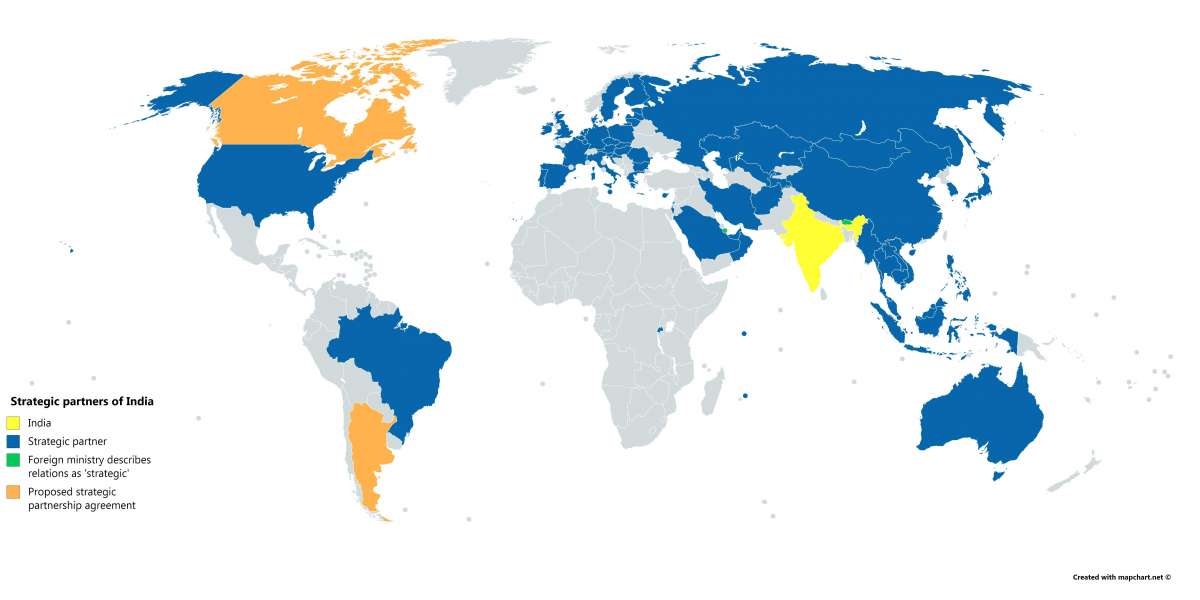Drug Discovery Informatics: AI and Big Data Power a New Era of Pharmaceutical Innovation
The landscape of drug discovery is being fundamentally reshaped by the burgeoning field of drug discovery informatics. This rapidly evolving domain, which leverages computational power, artificial intelligence (AI), and vast datasets, is dramatically accelerating the search for new medicines, reducing costs, and ushering in an era of more precise and personalized therapies.
This expansion is fueled by the insatiable demand for new, cost-effective drugs and the transformative impact of integrated informatics solutions.
AI and Machine Learning: The New Engine of Discovery
At the heart of this revolution is the pervasive integration of AI and machine learning (ML). These technologies are no longer just supplementary tools but are becoming indispensable for every stage of the drug discovery pipeline:
- Accelerated Target Identification: AI algorithms can analyze massive datasets of genomic, proteomic, and clinical data to identify novel disease targets with unprecedented speed and accuracy, deepening our understanding of disease biology.
- Rapid Virtual Screening and De Novo Design: AI-powered tools are virtually screening millions, even billions, of potential drug compounds against identified targets in a fraction of the time required for traditional lab experiments. Generative AI is taking this a step further, designing new molecules from scratch with desired properties, such as solubility and therapeutic success.
- Predictive Modeling: ML models can predict key properties of drug candidates, including their efficacy, potential toxicity, and absorption, distribution, metabolism, and excretion (ADME/T) profiles, minimizing costly failures in later stages. This significantly boosts the probability of success in clinical trials. For instance, some AI-native companies have shown an increase in Phase 1 success probability from 40-65% to an impressive 80-90%.
- Drug Repurposing: AI can swiftly identify new uses for existing drugs, a process that proved invaluable during the COVID-19 pandemic with platforms like BenevolentAI repurposing Baricitinib in just three days.
- Optimizing Clinical Trials: AI helps in designing more efficient clinical trials by optimizing patient recruitment, predicting drug interactions, and analyzing real-world data, ultimately speeding up the path to market.
Big Data and Cloud Computing: The Backbone of Informatics
The explosion of biological, chemical, and clinical data necessitates robust infrastructure. Cloud-based platforms are providing scalable, cost-effective solutions for storing, sharing, and analyzing these immense datasets, fostering collaboration across research teams globally. Big data analytics, combined with real-time data collection, allows researchers to gain deeper insights and make more informed decisions throughout the discovery process.
Challenges and the Road Ahead:
While the promise is immense, challenges remain. The quality and standardization of data are crucial for effective AI and ML models; unstructured or inconsistent data can hinder performance. Ethical considerations, regulatory hurdles, and data privacy also continue to be important discussions as these technologies become more integrated.
Despite these challenges, the trajectory is clear. The synergy between drug discovery informatics and emerging technologies like quantum computing holds the potential for even more profound breakthroughs. As research and development investments continue to soar, and collaboration across academia, biotech, and pharmaceuticals strengthens, drug discovery informatics is poised to deliver a new generation of life-saving therapies at an unprecedented pace.







